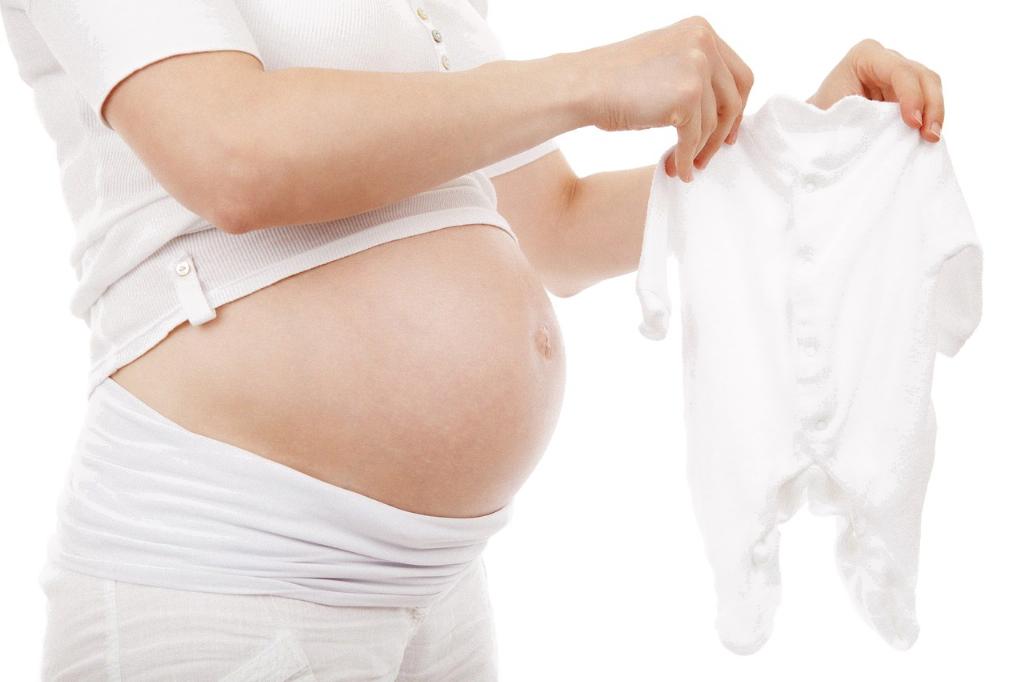During pregnancy, many expectant mothers experience a variety of symptoms, some of which are quite unique to the experience of carrying a child. One such symptom that is commonly reported by pregnant individuals is a metallic taste in the mouth, a condition known as dysgeusia.
According to experts, the metallic taste in pregnancy typically makes its debut in the first trimester, usually around the sixth week of gestation. However, it is important to note that every pregnancy is different and unique, and as such, some women may notice this taste sensation earlier or later on in their pregnancy journey.
It is believed that the onset of a metallic taste in pregnancy is due to hormonal changes, particularly the surge in estrogen levels that occurs during the early stages of pregnancy. These hormonal fluctuations can affect the way taste buds perceive flavors, leading to unusual taste sensations such as a metallic or bitter taste in the mouth.
For many women, the metallic taste can be quite bothersome and pervasive, affecting not only the way food tastes but also their overall eating experience. Some may find that certain foods or beverages exacerbate the metallic taste, while others may notice that it lingers throughout the day, making even routine activities like brushing teeth or drinking water less pleasant.
While the exact cause of dysgeusia in pregnancy is not fully understood, it is thought to be linked to a combination of hormonal changes, increased blood flow to the taste buds, and heightened sensitivity to certain smells and flavors. These factors can all contribute to the altered taste perceptions that many pregnant individuals experience.
It is essential for pregnant individuals who are experiencing a persistent metallic taste in their mouth to speak with their healthcare provider. While dysgeusia is generally considered a harmless symptom of pregnancy, it is essential to rule out any other underlying health conditions that may be contributing to the metallic taste or to receive guidance on how to manage this symptom effectively.
In addition to hormonal changes, other factors such as prenatal vitamins, dehydration, or changes in diet can also influence the presence and intensity of the metallic taste in pregnancy. Ensuring adequate hydration, maintaining a balanced diet, and discussing any concerns with a healthcare provider can help alleviate the discomfort associated with dysgeusia.
Some pregnant women may find relief from the metallic taste by experimenting with different flavors and textures, opting for cold or citrusy foods that may help mask or counteract the metallic sensation. Chewing sugar-free gum, sipping on water with a splash of lemon, or incorporating more fresh fruits and vegetables into the diet can also provide some respite from the unwelcome taste.
It is important to remember that experiencing a metallic taste in pregnancy is a common and temporary phenomenon for many expectant mothers. While it may be uncomfortable or frustrating, knowing that it is a typical part of the pregnancy experience can help alleviate some of the anxiety or concern surrounding this symptom.
Overall, the metallic taste that often begins around the sixth week of pregnancy is just one of the many changes that women may experience as their bodies adapt to the demands of growing a new life. By staying informed, seeking support from healthcare providers, and practicing self-care strategies, pregnant individuals can navigate the challenges of dysgeusia with greater ease and confidence.
As always, if you have any concerns or questions about the metallic taste or any other symptoms you may be experiencing during pregnancy, don’t hesitate to reach out to your healthcare provider for personalized guidance and reassurance.

